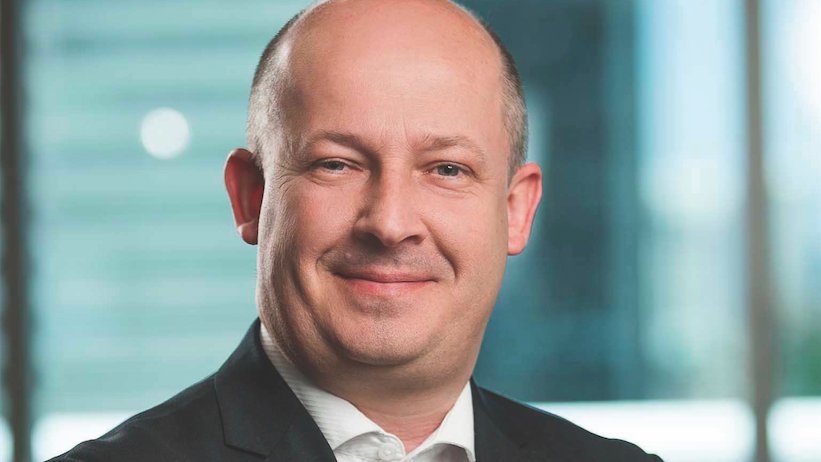
Early Certainty Initiative: Disincentive to patenting
The decision of the European Patent Office to examine all patent applications within 12 months can unintentionally block companies from filing for life sciences patents in Europe, says Gavin Recchia, Principal of one of Australia's largest patent attorneys' firms.
EuroBiotech
What sort of clients do Davies Collison Cave represent?
Gavin Reccia
We are one of the largest specialist IP attorney firms in Australia, with offices in Singapore and New Zealand. We represent clients from around the world in the biotech, pharma, IT, and engineering industries.
EuroBiotech
The EPO wants to accelerate examination of patent applications, so that all patents will be granted 12 months after the examination. What impact does this have on your clients?
Recchia
The obligation for rapid examination is part of the EPO’s Early Certainty Initiative, which is aimed at creating legal certainty. It’s somewhat under the radar in Australia, but it will have a huge impact on patenting of inventions coming from the life sciences sector.
EuroBiotech
Why?
Recchia
Life sciences research in countries like Australia is typified by very early stage developments, often from academic research institutes and start-up companies. These applicants typically rely on being able to attract funding, support, or investment for their technology before significant IP prosecution costs arise. Filing patent applications in Europe is an advantage in terms of attracting investors, licensees, or assignees given the size and value of the European market. However, filing a European regional phase application is already more expensive than filing in other major jurisdictions, and there will be a significant disincentive to file if prosecution is going to advance too quickly and costs are going to be incurred earlier than they currently are. Early certainty means the likelihood of higher costs earlier on, not only in terms of prosecution, but also the filing of divisional applications before a commercialisation partner or investor has been found.
EuroBiotech
How may filing of divisional applications by the original inventor affect commercialisation?
Recchia
The divisional application point is an important one. It not only means higher costs are incurred earlier, but also that the applicant needs to make a decision on subject matter to pursue in the primary European application versus a divisional earlier in the life of the European case, and potentially before it is clear what the most valuable commercial embodiment will be. When applicants file for a European patent, there may be multiple inventions in the one application, such as several candidate compounds, different therapeutic uses etc. As their research is typically very early stage, they often need time to generate additional data, e.g. from in vivo studies or clinical trials to identify the best lead embodiment. However, the applicant in most cases is not the party to commercialise the invention. In other words, applicants may under the Early Certainty Initiative be forced into a position of having to make decisions without the benefit of financial support or experience of a commercial partner. There is a real possibility that divisional applications will not be filed and/or that patent protection granted in Europe may not reflect the embodiment of most commercial interest in Europe. The effect of the Early Certainty Initiative may therefore be that fewer life sciences innovations from abroad make their way onto the European market.
EuroBiotech
Do you think this is a problem limited to applicants coming from Australia, New Zealand, or Singapore?
Recchia
I think it’s not an Australian problem but an international one. In many countries, life sciences patents come out of universities or start-up companies. They do not all have the resources to support commercialisation and are seeking partners. So the problems with the Initiative may be felt widely.
EuroBiotech
Is there a way out that could preserve the attractiveness of patenting in Europe while giving third parties early legal certainty?
Recchia
I think schemes for voluntary accelerated examination can assist in providing legal certainty, while not locking all applicants into an unduly early examination.



 adobe.stock.com - ipopba
adobe.stock.com - ipopba BioDlink
BioDlink